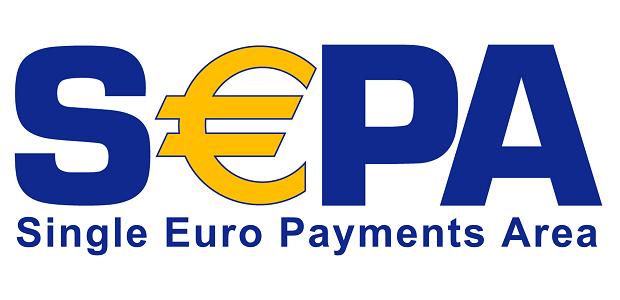
European Payments Council spoke with Andrija Jovović, Director of the Payment System Department from the CBCG about the country’s journey towards SEPA integration, digital payment adoption, and the meaning of this transformation for consumers, enterprises, and Montenegro’s path to EU membership.
Electronic payment methods in Montenegro have expanded rapidly over the past four years, reflecting a major shift in how individuals and businesses interact with financial services. Between Q4 2020 and Q4 2024, the number of individuals using internet payments tripled to nearly 225,000, while mobile payment users grew from around 72,000 to over 208,000.
The corporate sector has followed suit, with internet banking users rising from 20,700 to over 76,000 and mobile payment users increasing over thirteenfold from 4,000 to over 52,000. This surge highlights increasing digital trust and maturity across the economy, particularly among SMEs, as Montenegro modernises its payment infrastructure.
Recent years have seen a rapid expansion of electronic payments and digital banking. From 2020 to 2024, mobile payment users nearly quadrupled, and internet banking users more than doubled among both individuals and businesses. The CBCG has led significant reforms, including the migration of real time gross settlement (RTGS) and deferred net settlement (DNS) systems to ISO 20022, and the introduction of online clearing. These developments have improved settlement speed, flexibility, and data quality, positioning Montenegro as a digitally capable and trusted participant in the regional and European payments ecosystem.
In November 2024, the EPC’s board approved the inclusion of Montenegro in the geographical scope of the SEPA payment schemes. What advantages do you foresee from this integration?
The entire Montenegrin banking sector is scheduled to go live with SEPA operations on 6 October 2025, marking a full transition to SEPA-compliant euro payments. This move also signals institutional trust in Montenegro’s regulatory readiness and strengthens its position within the European payments ecosystem.
For citizens and businesses, SEPA brings immediate benefits. Euro payments across Europe can now be made with the same speed, cost, and convenience as domestic ones. This lowers transaction fees, increases competition, and simplifies trade and remittance flows. For SMEs and exporters, it reduces settlement friction and expands access to European partners. Strategically, SEPA lays the groundwork for digital innovation and deeper integration into EU infrastructures such as Transeuropean Automated Real-time Gross-settlement Express Transfer (TARGET) and TIPS, while supporting Montenegro’s broader objective of EU accession by 2028.
Have the government measured the economic impact of inclusion in SEPA? What are the anticipated quantitative benefits for Montenegrin citizens and enterprises?
Based on 2023 data, SEPA integration is expected to yield nearly thirty-eight million euros or around 0.54 percent of GDP annually through lower banking fees, reduced business costs, improved remittance channels, and expanded digital access.
For citizens, the analysis projects ten and a half million euros in annual fee savings, while digital inclusion adds another three and a half million euros. For enterprises, SEPA reduces the cost and time of euro transactions, enhances financial predictability, and supports SMEs’ integration into EU supply chains. Looking ahead, the combination of SEPA and the TIPS Clone instant payments platform could generate up to one hundred and sixty million euros in total annual economic gains, equivalent to 2.3 percent of GDP. Over the next decade, this could raise per capita income by over two thousand five hundred euros and increase Montenegro’s income convergence with the EU from fifty percent to more than sixty-one percent.
Banking 4.0 – „how was the experience for you”
„To be honest I think that Sinaia, your conference, is much better then Davos.”
Many more interesting quotes in the video below: